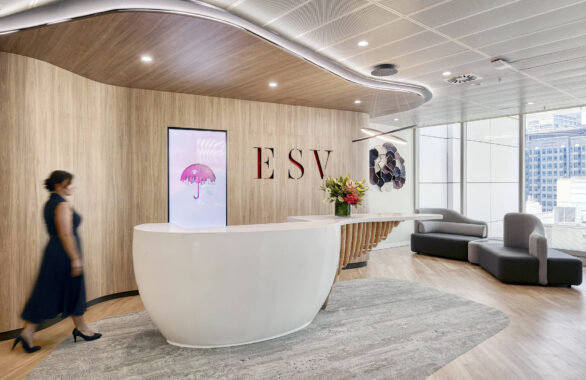The ATO’s Practical Compliance Guideline in relation to exempt car benefits and exempt residual benefits provides more clarity over the exemption available for car benefits. Under the FBT rules, the use of certain eligible vehicles by current employees during a FBT year is exempt where the use is limited to work-related travel, and other private use that is ‘minor, infrequent and irregular’.
While travel to and from the employee’s home and their place of work is generally considered private use, those trips can be treated as work-related travel for the purpose of the FBT exemption. Historically, there was little review or consideration of what was meant as minor or infrequent and as such utes were generally regarded as being exempt with little attention to the actual law or its requirements.
The ATO’s guidelines apply in circumstances where:
- The eligible vehicle is provided to a current employee to perform their work duties;
- The vehicle has a GST inclusive value less than the luxury car tax threshold at the time the vehicle was acquired;
- The vehicle is not part of a salary packaging arrangement and the employee cannot elect to receive additional remuneration in lieu of the use of the vehicle;
- There is a policy in place that limits private use of the vehicle and assurance is obtained from employees that use is limited to:
- travel between their home and their place of work and any diversion adds no more than two kilometres to the ordinary length of that trip; and
- for a wholly private travel, the annual travel is less than 1,000 kilometres in total with a cap of 200 kilometres in a single return journey.
The eligible and ineligible vehicles list previously provided by the ATO has been removed with the ATO now requiring you to assess whether the vehicles held meet the private use exemption criteria based on the guidance. The rules apply from 1 April 2018 and have application for the current FBT year.
The change in emphasis by the ATO is designed to reduce the scope to exempt benefits provided as the ATO had determined that no one was policing the exemption and that the style of utes had changed making them more passenger friendly. The changes could see a 20% FBT impost on the value of the ute.
A simple example of the clarification is where private travel excluding home to work travel amounts to more than 1,000 kilometers in a year. Importantly, the home to work trip (or vice versa) which is ordinarily excluded from the thresholds can be brought in depending on the circumstances. For example, if you drop your children at school on the way to work then that trip is wholly private, meaning that this trip counts towards the annual 1,000 kilometer total. Similarly, if you do not go directly home from work (eg you go to football training) the trip is not considered to be a diversion and is private in nature.
Should you have any questions regarding these changes, please contact your ESV engagement partner on 02 9283 1666.





